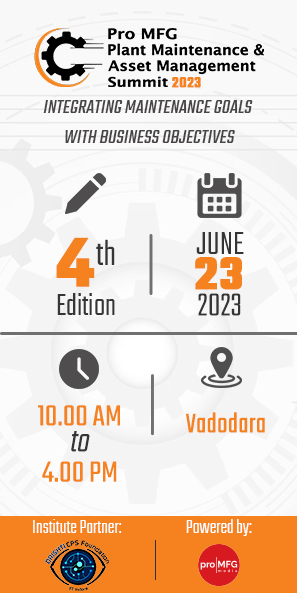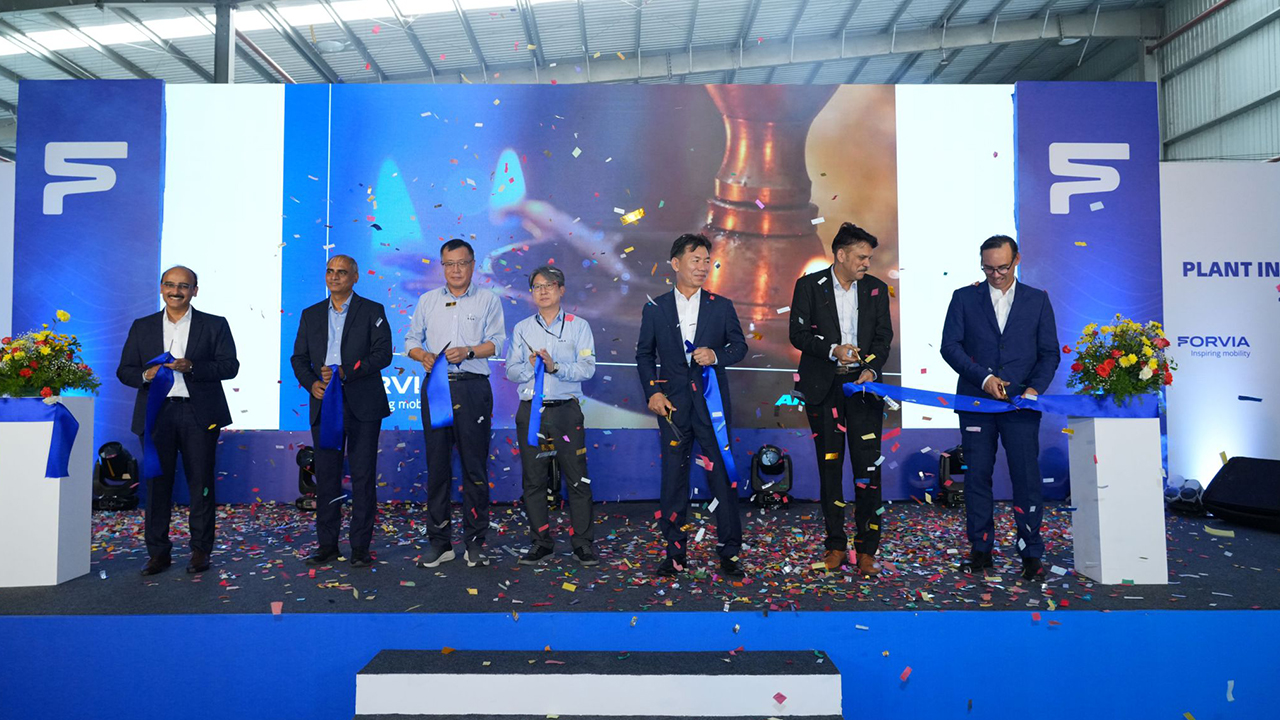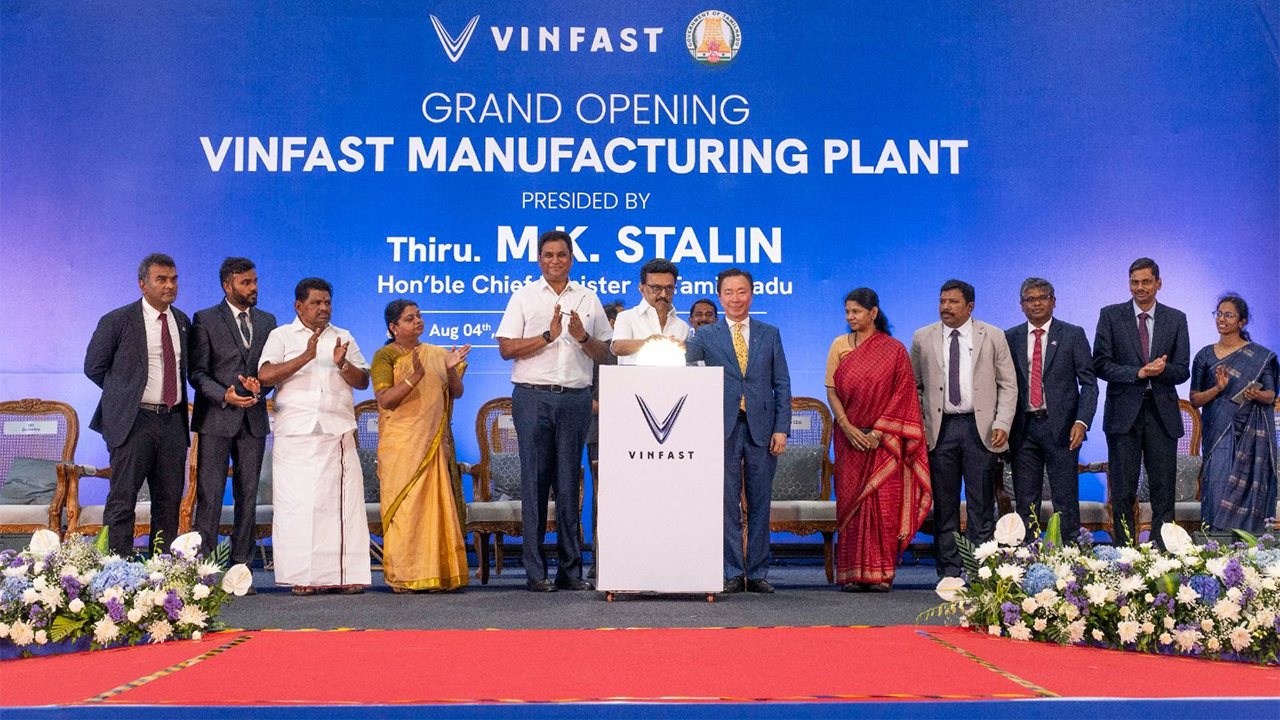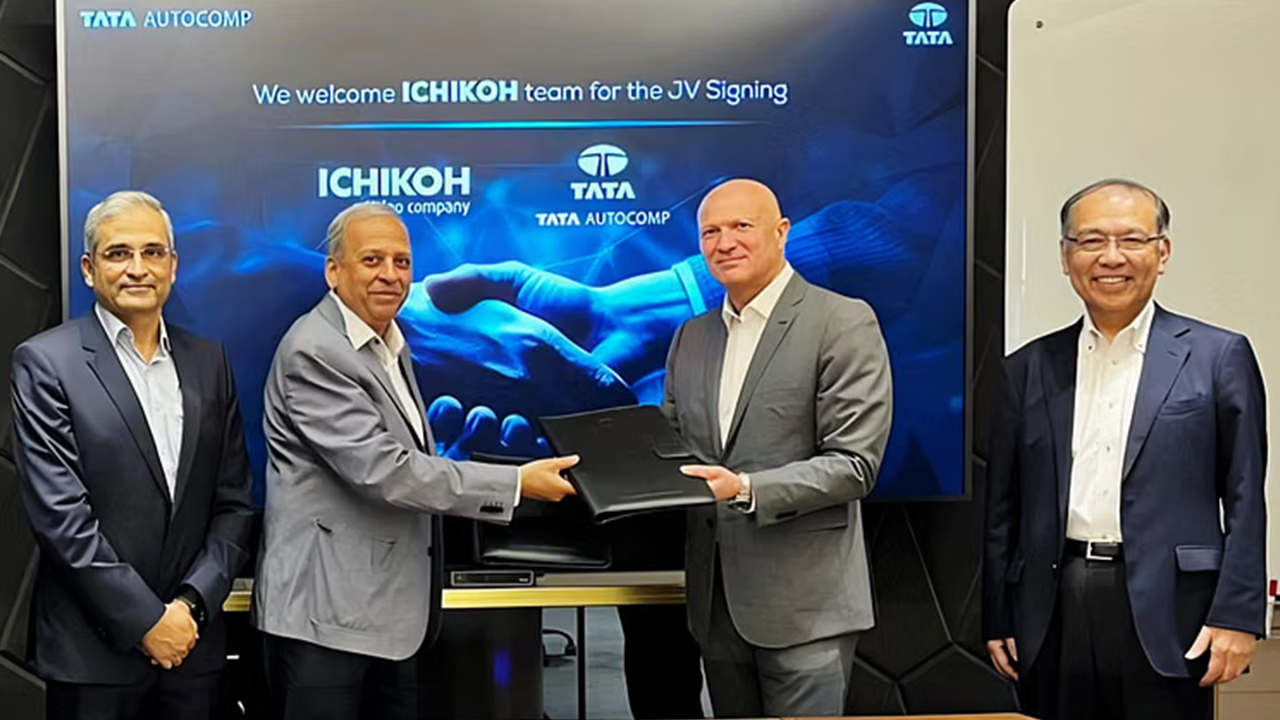ICE Will Remain the Dominant Technology in the Passenger Car Segment - Soumitra Bhattacharya of Bosch
#SoumitraBhattacharya #BoschLimited #BoschGroup“Internal Combustion Engine (ICE) will remain the dominant technology in the passenger car segment, even as the transition to electrification is already underway. At Bosch, we will continue to provide products and solutions as per evolving market requirements.” - Soumitra Bhattacharya, MD, Bosch Limited & President, Bosch Group, India
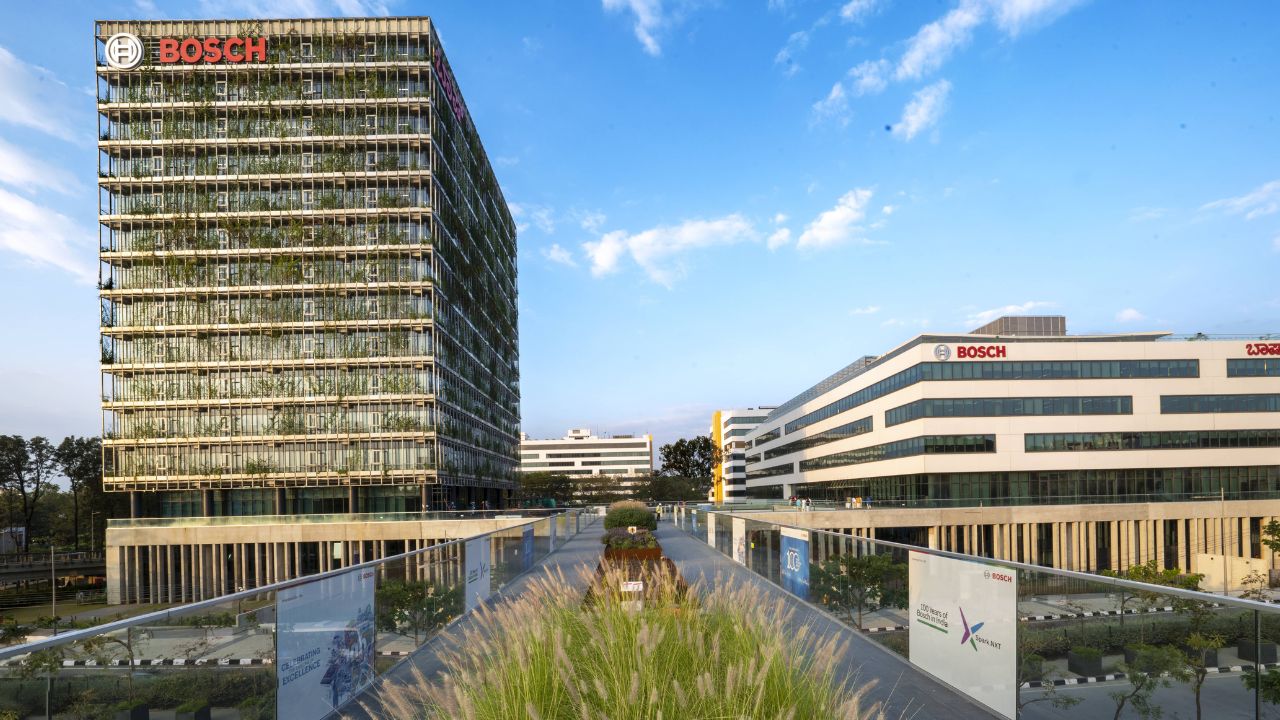
May 2023 : Bosch Limited, a leading supplier of technology and services, ended its financial year 2022-23 with total revenue from operations of ₹ 14,929 crore (1,667 million euros), thus registering an increase of 26.7 percent compared to the previous fiscal year. Profit Before Tax (PBT) increased by 25.5 percent to ₹1,882 crore (210 million euros) in FY 2022-23, amounting to 12.6 percent of total revenue from operations.
“2022 was a historic year as we celebrated 100 years of Bosch in India and at the same time it was a year replete with challenges in the market. Despite all odds, we concluded the year with strong performance and positive revenue growth. This was primarily fuelled by the solid recovery in the auto market post pandemic,” said Soumitra Bhattacharya, Managing Director, Bosch Limited and President, Bosch Group, India.
The Profit After Tax (PAT) for FY 2022-23 stood at ₹ 1,425 crores (159 million euros). The total capital investments for the year, including capital work-in-progress, amounted to ₹ 751 crores, with a significant portion allocated towards the development of Spark. NXT campus in Adugodi, Bengaluru. “Reaffirming our commitment to being ‘Invented for Life’, we recognize the pressing need for both - software technologies and sophisticated hardware- in the Indian Automotive Industry. Internal Combustion Engine (ICE) will remain the dominant technology in the passenger car segment, even as the transition to electrification is already underway. At Bosch, we will continue to provide products and solutions as per evolving market requirements.” added Soumitra Bhattacharya, Managing Director, Bosch Limited and President, Bosch Group, India.
In Q4 of FY 2022-23, which ended on March 31, 2023, Bosch Limited posted a total revenue from operations of ₹ 4,063 crores (454 million euros), an increase of 22.7 percent compared to the corresponding quarter in 2022. PBT for the current quarter stood at ₹ 533 crores (60 million euros), a 23.6 percent increase over the same period of the previous year.
Additionally, the total product revenue of Bosch Limited’s Mobility Solutions business sector and Beyond Mobility Solutions business sector increased by 23.7 percent and 7.8 percent, respectively. The growth in the latter sector can be attributed to the Energy and Building Technology business.
Bosch Limited’s Mobility Solutions business sector reported a 30 percent increase in product sales during fiscal year 2022-23, largely driven by a 22 percent growth in the overall automotive sector. This growth was further supported by an increase in the share of content per vehicle, particularly in exhaust gas treatment. Domestic sales for Bosch Limited also rose by 27.5 percent.
Within the Mobility Solutions business sector, the Powertrain Solutions division in India saw a 35.9 percent increase, while the sales of the Two-wheeler business Sales grew by 15 percent, particularly in exhaust sensors & fuel injectors segments due to improved supply of semiconductors. Additionally, the Automotive Aftermarket division rose by 15.3 percent and the Beyond Mobility Solutions sector recorded a 14.1 percent increase in sales. The Board of Directors has recommended a final dividend of ₹ 280 per share for the financial year 2022-23, bringing the total dividend for the year to ₹ 480 per share, including an interim dividend of ₹ 200 per share.
Speaking about the outlook for the upcoming fiscal year, Bhattacharya commented: “As we look ahead to fiscal year 2023-24, we recognize the challenges that lie ahead due to the ongoing uncertainty caused by certain macro factors. Despite these challenges, we remain optimistic about the automotive market, which saw record production volumes in FY 2022-23. It also saw good acquisition of projects catering to TREM5 and OBD2 regulations resulting in a strong order book for the next 3 to 5 years. We anticipate a moderate growth in India’s GDP, which will likely lead to a 5 to 6 percent increase in the automotive market. At Bosch Limited, we are confident in our ability to navigate these headwinds, particularly as we continue to see an increase in content per vehicle due to components supplied for exhaust gas treatment and implementation of BSVI stage 2. With this in mind, we expect total revenue from sales to grow around 15 percent.”
In 2022, Bosch exceeded its business targets in what was a challenging year. The supplier of technology and services increased its total sales to 88.2 billion euros, the EBIT margin from operations rose from 4.0 to 4.3 percent. “We rose well to the challenges of 2022 – both our sales and our margin were higher than expected,” said Dr. Stefan Hartung, the chairman of the board of management of Robert Bosch GmbH. Despite the after-effects of the Covid-19 pandemic, Bosch was able to increase its sales by 3.5 percent in the first quarter of 2023. Despite the modest economic outlook, the company is aiming for sales growth of between 6 and 9 percent for the whole year 2023. Its target for EBIT margin from operations in 2023 is in the region of 5 percent. Even if the economic and social environment remains demanding, Bosch wants to grow significantly faster in the coming years. “Our aim is to grow in every region of the world and to be among the leading three suppliers in our relevant markets,” Hartung said.
The fight against climate change is causing considerable upheaval in business and society, and also accelerating technological change. “This technological transformation is opening up growth opportunities that we want to seize. In this context, our ‘Invented for life’ ethos is ideal – not only when it comes to the major trends of electrification, automation, and digitalization, but more than ever also with respect to software and artificial intelligence,” Hartung said. Bosch is responding to this trend toward software-based automotive engineering by realigning its automotive-supply business: within Robert Bosch GmbH, Bosch Mobility will in the future be managed as a business sector with responsibility for its own business and its own leadership team. The aim is to be able to serve existing and new customer needs even better and faster with customized solutions from a single source. The Bosch chairman announced that the newly restructured mobility business is set to grow annually by an average of roughly 6 percent up to 2029, when it will achieve annual sales of more than 80 billion euros.
NEWSLETTER
TRENDING ON PRO MFG
MORE FROM THE SECTION

